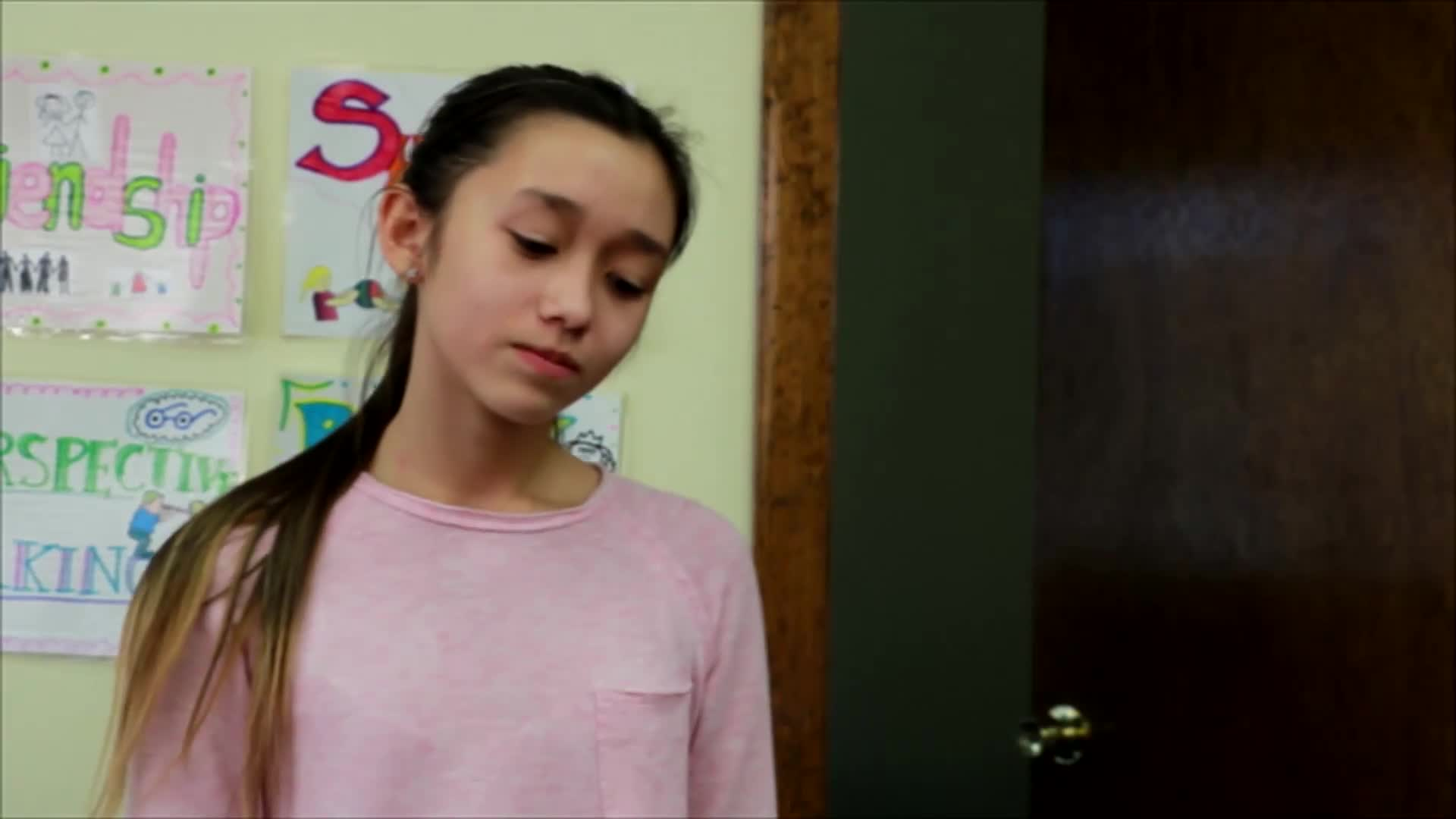
Introduction
Personal space awareness is an essential skill for students to develop as they navigate social interactions. This concept is especially important for students in special education classrooms, as they may face unique challenges in understanding and respecting the personal boundaries of others. In this blog post, we will explore a no-prep activity that educators can use to teach personal space awareness, followed by discussion questions to further reinforce the concept. We will also touch on related skills and provide resources for additional support.
No-Prep Activity: The Space Bubble
This simple yet effective activity requires no preparation or materials and can be easily adapted for students of varying age groups and abilities. The Space Bubble activity helps students visualize the concept of personal space and practice maintaining appropriate boundaries with their peers.
- Begin by explaining to students that everyone has an invisible “space bubble” around them, which represents their personal space. This space should be respected, and we should avoid entering someone else’s bubble without permission.
- Ask students to stand up and spread out in the room, ensuring they have enough space to move around without touching others.
- Invite students to pretend they are inside their own space bubble and ask them to slowly walk around the room, being mindful not to “pop” anyone else’s bubble by getting too close.
- As students move around, remind them to be aware of their surroundings and respect the personal space of their peers.
- After a few minutes, gather students back together for a group discussion on their experience and observations.
By participating in this activity, students will gain a better understanding of personal space boundaries and practice respecting the space of others in a fun and engaging way.
Discussion Questions
Use the following questions to facilitate a group discussion and further explore the concept of personal space awareness:
- How did it feel to be inside your own space bubble? Were you more aware of the people around you?
- Why is it important to respect other people’s personal space? How does it make others feel when we invade their space?
- Can you think of a time when someone entered your personal space and made you feel uncomfortable? How did you handle the situation?
- What are some ways we can ask for permission to enter someone’s personal space, or politely ask someone to give us more space?
- How can we practice personal space awareness in different settings, such as at school, at home, or in public places?
Related Skills
In addition to personal space awareness, there are several other related skills that students can benefit from developing:
- Empathy: Understanding and respecting the feelings of others, including their need for personal space.
- Active Listening: Paying attention to others when they speak, without interrupting or invading their personal space.
- Nonverbal Communication: Recognizing and interpreting body language cues from others, such as facial expressions or gestures, to determine if they are comfortable with the amount of personal space provided.
- Boundaries: Establishing and maintaining healthy boundaries in relationships, including respecting the personal space of others and communicating our own needs for space.
Next Steps
Teaching personal space awareness is an important aspect of social-emotional learning for students in special education classrooms. By incorporating activities like The Space Bubble and engaging in thoughtful discussions, educators can help students develop a better understanding of personal boundaries and how to respect the space of others.
To access free samples of resources for teaching personal space awareness and other important skills, sign up at Everyday Speech. These materials provide valuable tools and support for educators working with students in special education settings.

